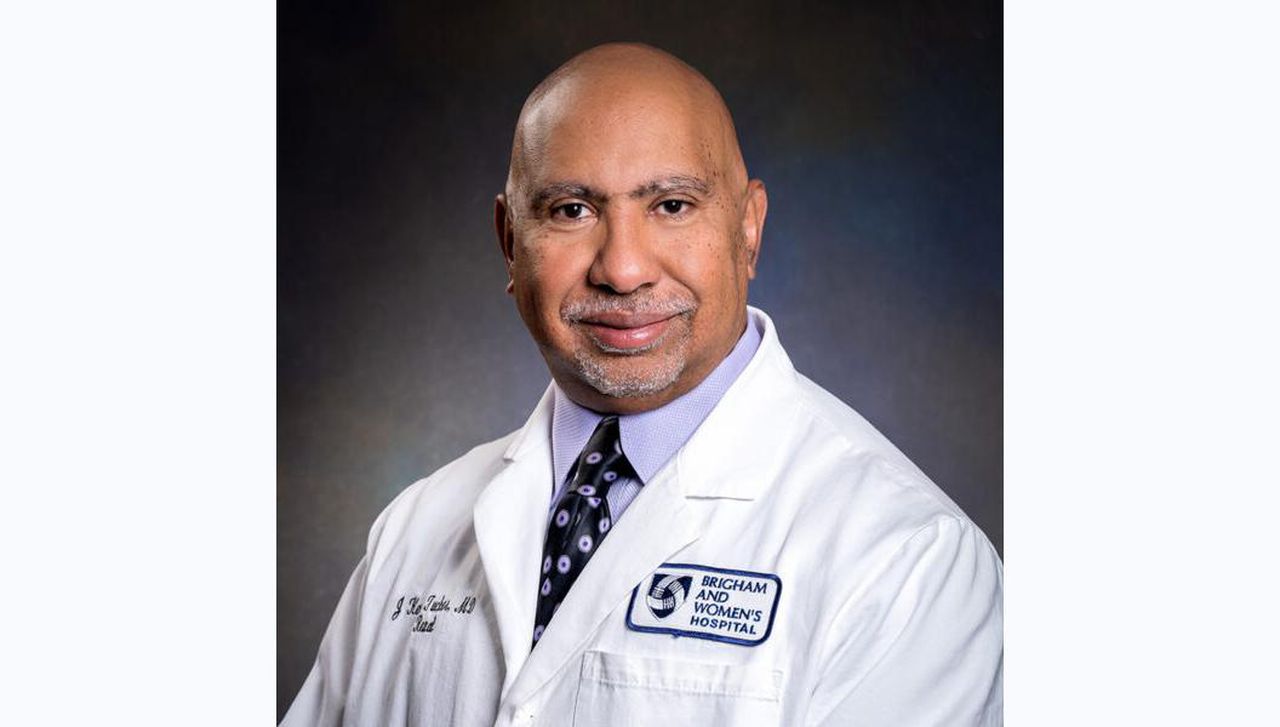Guest opinion: Empathy and other lessons learned at Birmingham-Southern College
This is a guest opinion column
In 1971, my father took a photo of me wearing a Birmingham-Southern College sweatshirt, which my mother had brought home to Monroeville after attending a summer workshop for English teachers. I wore that sweatshirt until it no longer fit. Little did I know that 11 years later, I would go to the Hilltop as a freshman.
Like many other BSC students, I thought medicine might be in my future, so I made sure to take the science courses required for admission to most medical schools. At the same time, I availed myself of the full smorgasbord of a liberal arts curriculum: advanced Spanish literature, a senior seminar for English majors (although I was not one), the college choir, piano, Introduction to Christianity, philosophy 101, and several political science courses.
My certainty about a career in medicine was shaken in my sophomore year when my father was diagnosed with colon cancer, dying within four months of his diagnosis. Our family’s first experience with medicine in the context of a life-threatening illness was not positive. The way the news of my father’s prognosis was delivered seemed callous and cold. In a last-ditch effort to find treatment, my father was admitted to UAB Hospital, where our family experienced kindness, love, and grace from every member of the staff. The interns, residents, and fellows displayed empathy and compassion in a way that made me want to emulate them and re-committed me to a career in medicine. And when my father died in the spring of my sophomore year, my BSC family rallied around me in a way that I never expected and probably would not have experienced at a large university.
My liberal arts education at BSC helped me to develop empathy — a characteristic most desirable in a physician. Whether learning about the underlying causes of the French Revolution or discussing the domestic violence that Celie suffered in Alice Walker’s The Color Purple, we were encouraged to think honestly and deeply about historical movements and characters, and to put ourselves in their shoes, i.e., to empathize.
That same learning was reinforced outside the classroom. BSC Chaplain Stewart Jackson was one of the first ministers I can recall preaching about “social justice,” and he practiced it and led by example with students. Our group, Christians for Social Justice, under Stewart’s leadership, volunteered at the Birmingham Firehouse Shelter. Again, we were called to serve and empathize with those who had been dealt the devastating hand of homelessness.
When we practice medicine with empathy, we are forced to think not just about the fact that the patient is not adhering to the treatment plan, but also about the systemic and structural barriers that lead to the patient’s non-adherence. I am forever grateful that the foundation provided at BSC has allowed me to not only become a physician, but also to strive to practice with empathy and compassion.
Those nights spent huddled with classmates studying chemistry and biology are indelibly imprinted on my brain, forging friendships that have lasted to this day. By the way, of the 258 of us in the Class of 1986, 49 entered the health care field. At last count, that includes 16 physicians, six dentists, two pharmacists, and the remainder a mix of nurses, psychologists, physical therapists, counselors, and administrators. It’s entirely possible one of us has helped to take care of you or someone you love, or help train the person who did – not only with academic knowledge and clinical skills, but with the empathy instilled in us by Birmingham-Southern College.
For this reason, and for so many others, I am proud to serve as trustee of Birmingham-Southern College and to fiercely advocate for the bridge funding from the State of Alabama that will help it become financially resilient. For more on BSC’s plan for the future and how it impacts the citizens of our state, I invite you to visit www.bsc.edu.
A native of Monroeville and the son of a high school English teacher and a middle school principal, Dr. J. Kevin Tucker is Vice President for Education at Mass General Brigham and Assistant Professor of Medicine at Harvard Medical School. He is also co-director of Harvard Medical School’s Master’s in Clinical Service Operations program. Dr. Tucker graduated from Birmingham-Southern College and Cornell University Medical College (now Weill Cornell). He then completed internal medicine training at Massachusetts General Hospital and a nephrology fellowship at the University of Alabama at Birmingham. After serving on the UAB faculty for several years, he joined the faculty of Brigham and Women’s Hospital and Harvard Medicine School in 2002.
